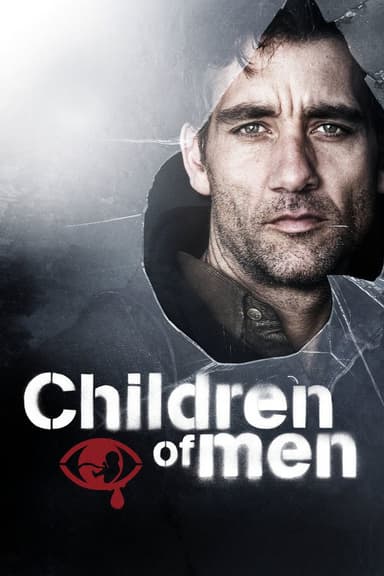
Blade Runner
1982 • Drama, Science Fiction, Thriller • R
In the smog-choked dystopian Los Angeles of 2019, blade runner Rick Deckard is called out of retirement to terminate a quartet of replicants who have escaped to Earth seeking their creator for a way to extend their short life spans.
Runtime: 1h 58m
Why you should read the novel
While Blade Runner delivers stunning visuals and an unforgettable atmosphere, the original novel, Do Androids Dream of Electric Sheep? by Philip K. Dick, offers a richer and more intricate exploration of humanity, empathy, and reality. The book’s philosophical depth and nuanced examination of what it means to be human go far beyond the film’s narrative, drawing readers into the inner struggles and moral dilemmas faced by its characters.
Reading the novel allows you to experience Dick’s unique world-building, where society’s obsession with owning living animals mirrors deeper existential anxieties. The textured setting, with its decaying post-apocalyptic landscapes and pervasive sense of alienation, is far more detailed and immersive than what the visual medium alone can convey.
By choosing the book, you’ll encounter themes and characters often absent or reduced in the film adaptation. The novel invites you to ponder questions about consciousness, empathy, and the soul, rewarding patient readers with thought-provoking ideas and lasting intellectual engagement.
Adaptation differences
One of the main differences between Blade Runner and Do Androids Dream of Electric Sheep? lies in their themes and focus. While the film emphasizes visual storytelling and the morality of artificial intelligence, the novel delves much deeper into issues of empathy, spirituality, and the decline of genuine human connection in a desolate world. The book explores how empathy distinguishes humans from androids, using the Voigt-Kampff test and the social significance of caring for living animals as central threads.
Additionally, the characterization and key plot elements differ significantly. Deckard’s inner life is more thoroughly examined in the book—his marriage, personal anxieties, and ethical conflicts receive much greater attention. Important book characters such as Rachel Rosen and John Isidore are more complex and have arcs that differ or are greatly diminished in the film. The character of J.R. Isidore, for example, plays a crucial role in the novel but is either changed or omitted in the adaptation.
The setting and tone also diverge. Dick’s novel presents a world ravaged by fallout, where the owning of live animals is a status symbol, and where humans aspire to maintain a semblance of empathy in a crumbling civilization. The film, while atmospheric, strips away much of the novel’s societal commentary, instead focusing on bleak urban visuals and a noir-inspired detective narrative.
Furthermore, the endings vary in meaning and resolution. The novel concludes with Deckard introspectively questioning his own humanity in a world where meaning is ambiguous, and offers no easy answers. Blade Runner’s ending, on the other hand, suggests a more hopeful ambiguity about the possibility of love and redemption, diverging sharply from the philosophical uncertainty that defines Dick’s narrative.
Blade Runner inspired from
Do Androids Dream of Electric Sheep?
by Philip K. Dick





